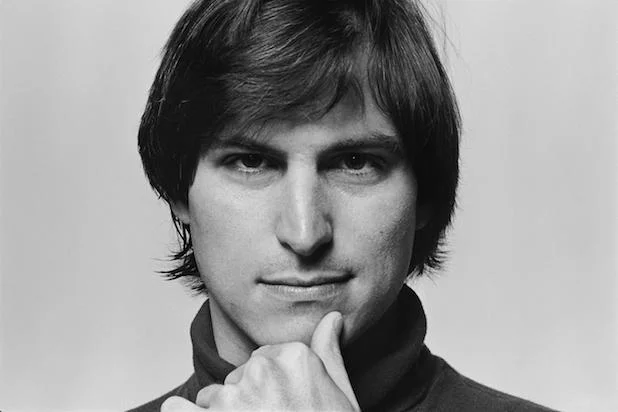The Steve Jobs Archive has released a previously unseen 1996 interview in which Steve Jobs reflects on Pixar’s early years, the decade-long push behind Toy Story, and the tension that often existed between Silicon Valley culture and Hollywood tradition. Filmed just weeks before he formally agreed to return to Apple, the conversation captures Jobs at a moment when Pixar had finally shifted from a long, uncertain experiment into a commercially viable studio. Toy Story had premiered a year earlier, becoming one of the most successful animated films of its time and leading to the largest IPO of 1995. For Jobs, that breakthrough validated a bet he had made eleven years earlier when he purchased the company and committed to Ed Catmull’s vision for a full-length computer-animated film.
In the interview, Jobs talks about the long development period that preceded Toy Story’s release, describing it as a ten-year effort shaped by steady technical progress and persistent creative refinement. He credits Catmull for imagining the possibilities of computer animation back in 1985 and acknowledges that his own commitment was both financial and personal. The discussion underscores how unlikely Pixar’s success seemed in its early years, when the company struggled to find a clear business model and often relied on short-term projects to stay afloat.
Jobs also addresses the cultural divide he encountered when building an animation studio in a landscape dominated by traditional film companies. Whereas Hollywood often relied on contractual obligations to keep creative talent in place, Pixar adopted the stock-option model common in tech. Jobs believed this structure made employees feel like stakeholders rather than hired hands. He frames management as an inverted hierarchy in which leadership exists to clear obstacles rather than dictate direction, emphasizing that exceptional creative talent can easily find work elsewhere if micromanaged or undervalued.
A recurring theme in the interview is the balance between technology and storytelling. Jobs argues that no amount of technical sophistication can compensate for a weak narrative and that Toy Story’s longevity would depend on its characters and emotional core rather than its visual novelty. This idea mirrors the philosophy that later defined Apple’s product design: technology should support the experience, not overshadow it. Apple recently echoed this sentiment during the iPhone 17 keynote, citing one of Jobs’s well-known reminders that design is inseparable from how something functions.
The release of this 1996 footage provides a snapshot of Jobs during a pivotal period, capturing his approach to leadership, his long view of creative investment, and the principles that would shape both Pixar’s evolution and his return to Apple.







